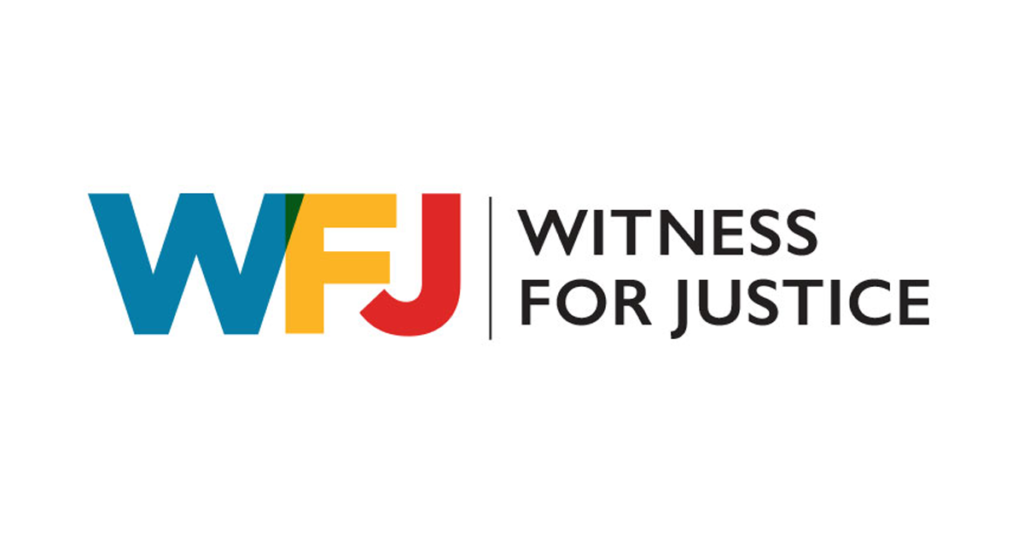Commentary: The Rise of Ghettos and Concentration Camps

I traveled to the US/Mexico Border as another migrant caravan arrived this winter. I worked to identify particularly vulnerable persons such as unaccompanied minors, those with imminent threats on their life, those with life-threatening health concerns, and LGBTQ persons.
Measuring the vulnerability and suffering of people who had walked thousands of miles for months, universally united in their plight against the violence of poverty, gangs and other armed groups throughout Central America, seemed somewhat arbitrary. Our pastoral call is to meet any suffering with care and healing, from the person left for dead and cared for by the Good Samaritan, to the charge in Matthew 25 to give the thirsty water, visit the prisoner and care for those who have lost their loved ones and support networks.
However, not only are we failing to meet suffering with care and healing, the machinations of the nation’s “border security” mechanisms and institutions have given rise to what are, by all measures, concentration camps and ghettos—facilities into which migrants are confined, crowded, dehumanized, and isolated from public view or community support. We must refuse this dehumanization, this death and evil, risking body and material comfort to see its end.
Children and the vulnerable and trans siblings continue to die in the custody of border security. Basic human care is being stripped, including education and legal support for children. Overcrowding and exposure to life-threatening heat and cold go unaddressed. And thousands of reports by children of abuse and sexual abuse at the hands of officials go ignored.
I have been deeply troubled, angered and anguished by many things happening at the US/Mexico Border and to undocumented human siblings, from the rollback of protective policies like DACA to white supremacist militias patrolling the borders to the human rights abuses of border patrol and ICE officers. It’s necessary for us to draw all the pieces of what has been happening—over generations and in the last two years—into sharp relief.
“The German-Jewish political theorist Hannah Arendt, who was imprisoned by the Gestapo and interned in a French camp, wrote a few years afterward about the different levels of concentration camps. Extermination camps were the most extreme; others were just about getting ‘undesirable elements … out of the way.’ All had one thing in common: ‘The human masses sealed off in them are treated as if they no longer existed, as if what happened to them were no longer of interest to anybody, as if they were already dead.’” (Johnathan M. Katz)
We are all deeply interconnected, our histories entwined, and our futures interdependent. The hope of this moment is that we can claim this connection with one another, in solidarity with those seeking life and justice, pursuing self-rescue by migrating, and work with them to find life and security for all of us. We can demonstrate living relationships with our human siblings wherever they may be found, as the gospel mandates us to. We can act no matter where we are, on the border or from Central Virginia where I live and where there are daily arrivals of migrants at bus stops.
But we must act. We must name this evil for what it is. We must declare the sacred humanity of our human siblings. We must.
Tracy Howe Wispelway is Minister for Congregational and Community Engagement of the United Church of Christ.
View this and other columns on the UCC’s Witness for Justice page.
Donate to support Witness for Justice.
Click here to download the bulletin insert.
Related News
Into the Fray
A few weeks ago, I sat in a Zoom room with about a dozen UCC pastors and lay leaders from...
Read MoreGod & Country
Beyoncé’s new Cowboy Carter album has sparked controversy over whether it should be...
Read MoreVoices for Change: Advocacy at the United Nations
“Why do you do this work?” The question came from the pastor of the youth group...
Read More
